לרקוד עם האויב: רב־שיח לרגל יובל המאה ל״תיאולוגיה פוליטית״ לקרל שמיט
ראיף זריק, ויויאן ליסקה, כריסטוף שמידט, יהודה שנהב־שהרבני
לרגל יובל המאה לפרסום הספר, כינסנו ארבעה חוקרים בכירים שעסקו רבות בהגותו של שמיט — ראיף זריק, ויויאן ליסקה, יהודה שנהב–שהרבני וכריסטוף שמידט — וביקשנו מהם לדון בספר, בחשיבותו ובסכנות שבו, ובמקומו המיוחד במחשבה הביקורתית. כיצד קרה שמבקר הדמוקרטיה הפרלמנטרית של רפובליקת ויימאר, ומאוחר יותר אחד מבכירי המשפטנים של הנאציונל–סוציאליזם, היה למקור השפעה מרכזי על דורות של מחשבה
שמאלית רדיקלית? מה יש בדמותו של הריבון, בהכרזה על מצב החירום ובתביעה להכרעה שאוחז בדפוסים הבסיסיים של הפוליטיקה — ובפרט זו העכשווית, של המלחמה בטרור, של תנועת הפליטים או של מצב החירום הבריאותי? מהי משמעות חילונם של המושגים התיאולוגיים בפוליטיקה המודרנית — מהם אותם מערכים תיאולוגיים שמופיעים גם היום? ובכלל, מהו סוד הקסם השמיטיאני, והאם אפשר או צריך להתגבר עליו? רב–שיח זה, החותם את הגיליון הנוכחי, נע בין ביאור כמה ממהלכיו של שמיט להתנערות מהם ולהצעת אפשרויות נגדיות; ובעזרת פנייה לדמויות נוספות שקשורות לשמיט באופנים שונים — מקפקא ובנימין ושלום, ארנדט ואגמבן, ועד קירקגור והרמן כהן — ומחשבה על חוקי החירום בישראל/פלסטין, מבררים המתדיינים את מורשת שמיט כאן ועכשיו.


